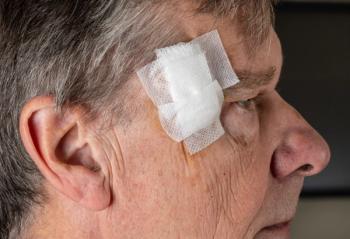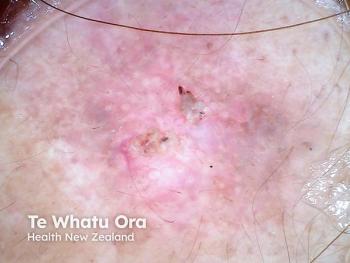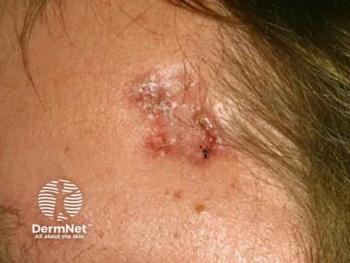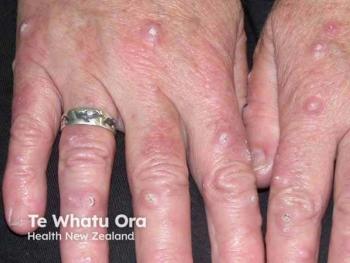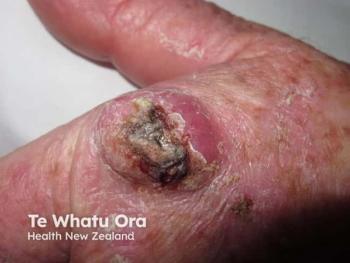
Study: Knowing Skin Cancer Risk May Limit Unhealthy Behavior
The Mayo Clinic recently published a study examining the part of risk perception in curbing behavior that increases the risk of future melanoma.
A study by the Mayo Clinical published in the Dermatologic SurgeryJournal investigated the role of risk perception in limiting potential behavior that could increase a person's chance of developing future melanoma. The findings from the article suggest that knowledge of skin cancer risk could influence risky behavior, such as tanning bed use.
"We know there is a large increase in the number of young- and middle-aged women who are getting melanoma, compared to 40 years ago," said Jerry Brewer, MD, a Mayo Clinic dermatologist, and the lead researcher. "This study demonstrated that individuals who were at higher risk for skin cancer not only had an accurate self-assessment of their risk but were also unlikely to use a tanning bed within the next year."
By using data from the
It was found:
- The majority of subjects in the study were female and had a previous history of tanning bed use;
- those who have used tanning beds previously did view their skin cancer risk to be higher than peers who did not use a tanning bed; and
- the subjects did have appropriate knowledge base of their skin cancer risk.
“Melanoma is on the rise,” Brewersaid.“We also know that tanning beds play a significant factor in melanoma development. In this study, it was nice to see that having an accurate perception of skin cancer and a perceived high risk of skin cancer development was associated with a less chance of tanning bed use within the next year,”
While more research is needed, study findings indicate that an understanding of potential cancer risk is associated with behavior modification when it comes to tanning bed use, the release explained
"More studies would help clarify some of the questions regarding skin cancer risk, perceived risk, and what accurately predicts behavior modification pertaining to skin cancer development," Brewersaid.
Reference:
Knowing your risk for skin cancer may limit unhealthy behaviors. Mayo Clinic News Network. Published January 31, 2022. Accessed February 11, 2022.
Newsletter
Like what you’re reading? Subscribe to Dermatology Times for weekly updates on therapies, innovations, and real-world practice tips.

